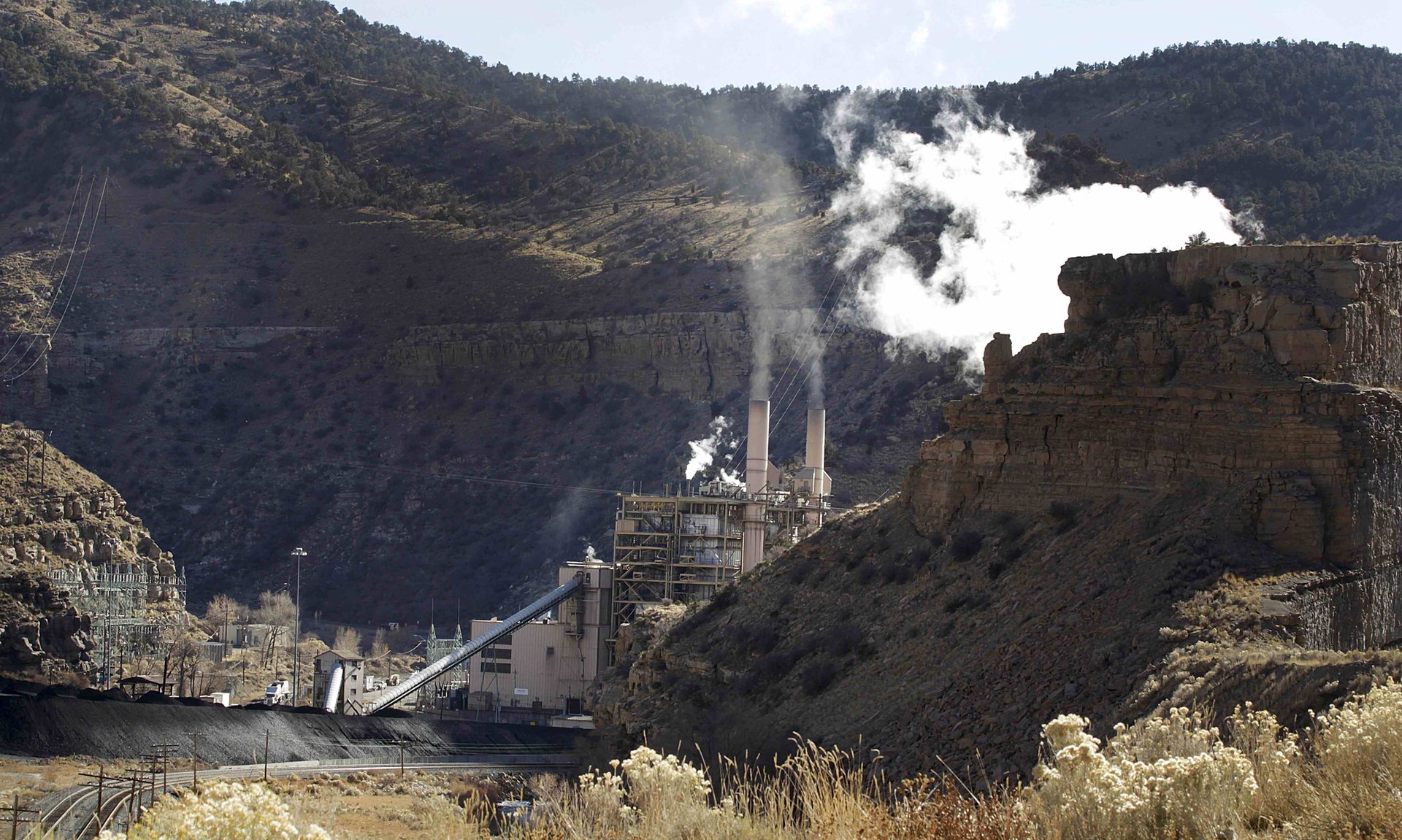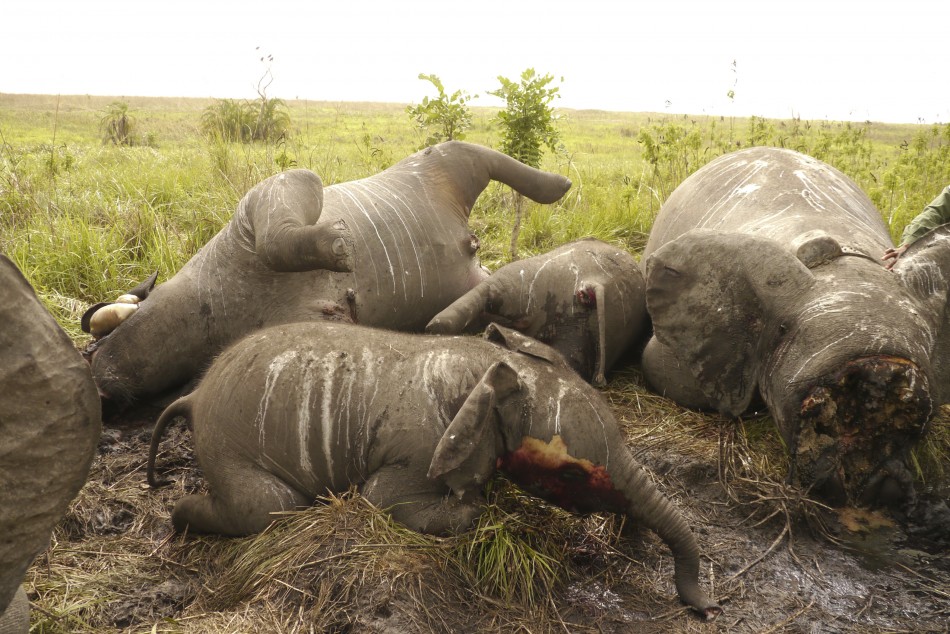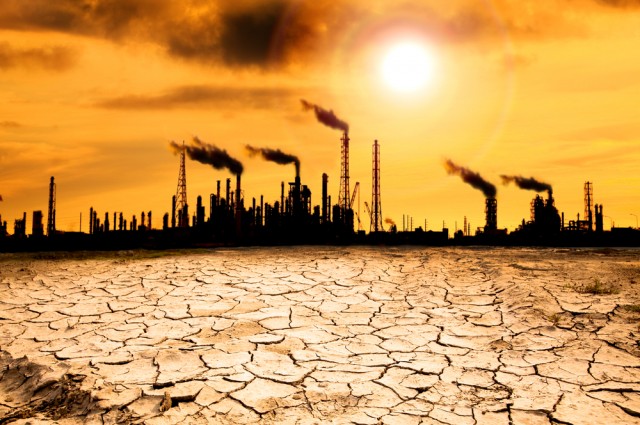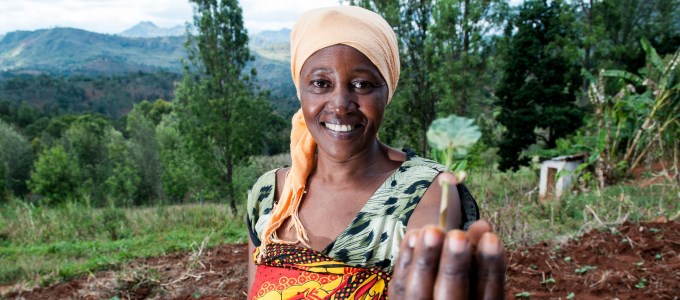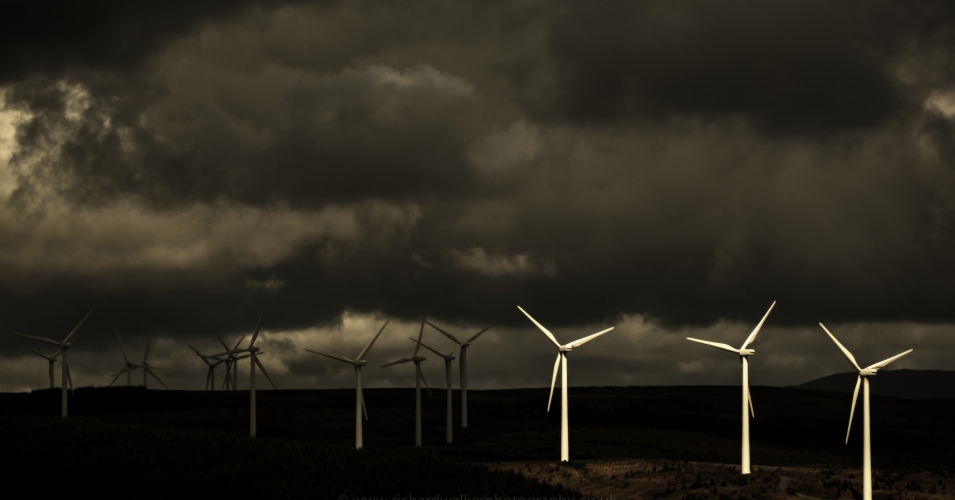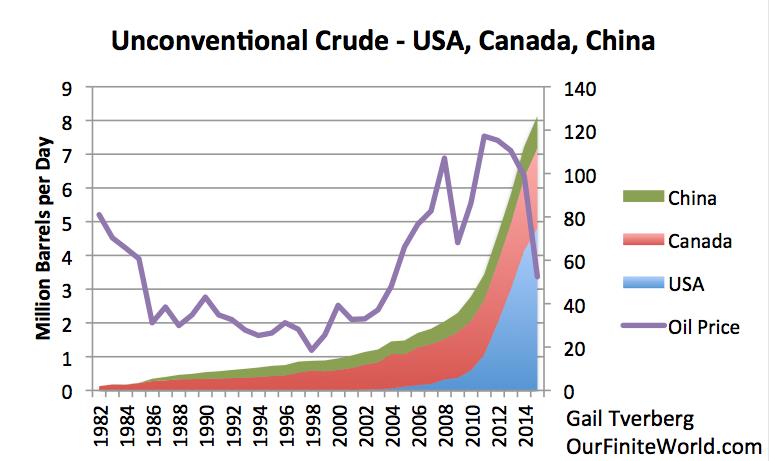Coal doesn’t help the poor; it makes them poorer
Dana Nuccitelli Monday 31 October 2016 Climate denial often centers around myths about the importance of coal in alleviating poverty The coal-fired Castle Gate Power Plant is pictured outside Helper, Utah. Photograph: George Frey/Reuters A dozen international poverty and development organizations published a reportlast week on the impact of building new coal power plants in countries where a large percentage of the population…

